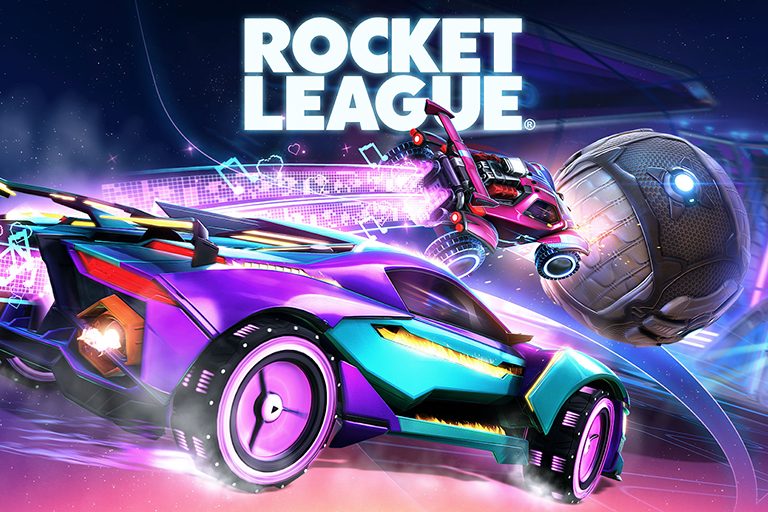You might be surprised to discover that one of the most unique sports games on the market today combines soccer with rocket-powered cars. Rocket League, developed by Psyonix, emerged in 2015 and has grown exponentially in popularity within the gaming community. At its core, Rocket League is celebrated not only for its fun and engaging gameplay but also for its innovative physics-based mechanics that create an incredibly dynamic gaming experience. The intricate interplay of gravity, acceleration, and momentum in Rocket League lends itself to a level of control and creativity that is rarely found in traditional sports games.
The physics engine in Rocket League allows players to execute impressive maneuvers and interactions with the ball and the environment. Players can perform a variety of moves, including dribbling, aerials, and precise shots, made all the more exciting by the ability to boost and jump in mid-air. This encourages players to think strategically and adapt to the constantly changing circumstances during a match. The perception of three-dimensional space becomes crucial as players coordinate their actions with the ball’s trajectory and their opponents’ actions. The game rewards skillful players who can master these mechanics, contributing to a barrier of entry that may initially seem high but is ultimately rewarding.
Within the esports sphere, Rocket League has carved out a unique niche, hosting numerous tournaments and leagues that attract amateur and professional players alike. One of the most influential leagues is the Rocket League Championship Series (RLCS), which showcases the top talent from around the world. The RLCS has seen immense growth since its inception, drawing in significant viewership and sponsorships, solidifying Rocket League’s presence in the esports landscape. The competitive scene features a blend of individual mechanics and teamwork, pushing players to communicate and strategize effectively to outsmart their opponents.
The essence of Rocket League esports is encapsulated by its breathtaking gameplay and the intense matches that often occur. High-stakes tournaments can feature mind-bending plays, last-minute goals, and stunning saves, keeping spectators on the edge of their seats. The gameplay offers a thrilling balance of unpredictability and excitement, ensuring that the viewer experience remains exhilarating, regardless of the outcome. Players constantly refine their mechanics and teamwork in anticipation of future competitions, showcasing their skills and elevating the overall level of play.
As Rocket League continues to evolve, the balance of its physics-based gameplay and the structure of its esports ecosystem introduces new layers of complexity and depth. The appeal lies not only in the action on the screen but also in the community surrounding it, which continues to grow in size and engagement. From casual players to the elite of the esports world, Rocket League’s unique blend of sportsmanship, strategy, and dynamic gameplay creates an environment that enthralls gamers and viewers alike.
In a nutshell, Rocket League’s physics-based mechanics are a major part of what makes the game unique and exciting. Combined with a vibrant esports scene, the game has achieved commendable success, captivating the hearts of players worldwide while also paving the way for future innovations in competitive gaming.





